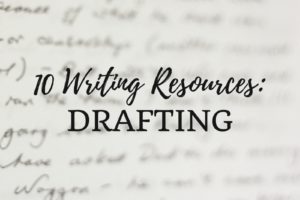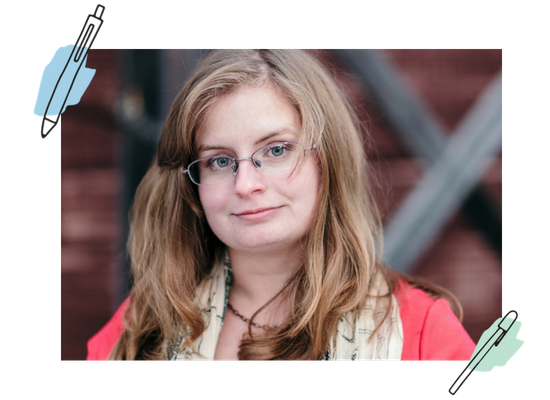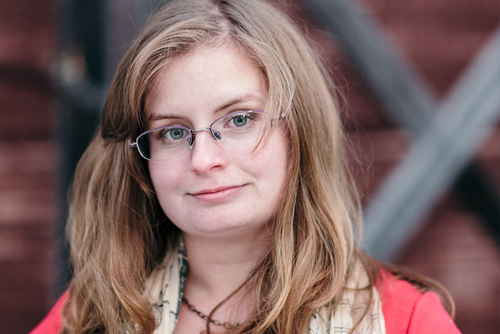I have been working since the end of June with Letter to an Unknown Soldier, a project which created a digital memorial for WWI by asking people to write letters to the unknown soldier in Paddington Station. We had an astounding result–over 21,000 letters. They came from the UK, from New Zealand, from Egypt, from Iceland. They were written by prisoners, school children, mothers, and politicians (including a prime minister). At times they were sweet, at times funny, at times heartbreaking.
It’s been an amazing project.
This is my last week working for it. We closed our submissions on Tuesday, and the editorial team is working to the end of the week to make sure everyone’s letters are approved and posted. The site will stay live for four years, and then it will be archived with the British Library.
I wanted to do a series of blog posts about my experience. In this first post, I’m going to just share the editorial pieces I wrote for the LTAUS Tumblr. So… enjoy!
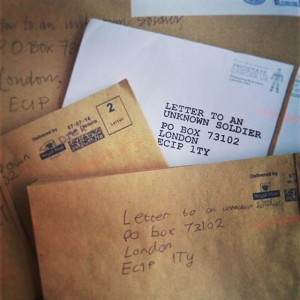
July 12, 2014:
Last week, I was sitting with my team of editorial moderators when we realized we would soon pass 10,000 letters. I thought it would be interesting to find a statistic about a battle from WWI to link to this milestone. 10,000 seemed like such a massive number, and then I found this:
I told this to my team. I wish I could put into words the silence that followed. But I can’t. I can only ask you: Sit with me a moment and be still. Sit with me for a moment and try to feel this.
It took a team of eight workers seventeen days to read 10,000 letters.
Multiply every letter we received by 5.8.
Every “Dear Daddy” letter in kids’ handwriting, sloppy and sloping off the page, or structured and school-tight.
Every “My Darling” letter from a beloved, with longing like perfume washed over the pages.
Every “My Son” and “My Brother” letter, filled with news of the family and with fear.
Every time someone wrote the words, “I don’t understand why you had to go.”
Every time someone wrote, “I pray you will return.”
Every time someone wrote (or wished), “Don’t die.”
Multiply it.
Sit still with me a moment.
Six times that number of sons—gone.
Six times that number of friends—gone.
Six times that number, and every one connected. Every one with a mother, a father, perhaps sisters or wives or children of their own. Gone, in the space of one battle.
Our words stretch to the unknown, the lost—not the dead only, but the missing—our words stretch but they are weak. We are 10,000 letters that reach across time to heal or challenge wounds, but we do not even cover one day in battle.
My coworkers and I stopped and stared at each other over our laptops, our fingers still hovering above keys, the queue still filling up with more to be read.
We only get glimpses into the grief. We can only comprehend for fleeting moments, and it is gone again. It is too heavy. It is too hard to read another Dear Daddy, knowing that what this child imagines another child lived through.
I am a writer, and I believe that words have power. Though they be many, though they be few, these words are doing something. I don’t know what yet, but I feel them. I feel them changing me.
Will you let them change you?
– Alyssa
Editorial Moderator | Letter to an Unknown Soldier Team
(Originally posted here.)
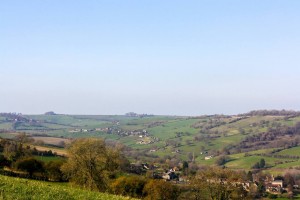
July 19, 2014:
I don’t really believe in ghosts, but I believe in holes.
One day a few weeks ago, I got lost on the footpaths around my flat. I wound up in Woolly, a tiny village with little more than a few roads and a church. It was green and lush with early summer, and I had to stop and appreciate the rolling hills, the farmers on their tractors, and the dad and son washing a car in the driveway.
Woolly is a Blessed Village (also known as a Thankful Village). This means that out of the 10,400+ parishes in England, Woolly is one of 53 where every man who went to World War One returned. Actually, Woolly is one of 12 doubly thankful villages—all her men returned again in World War Two.
I was born in a small town in Florida, where we’d run into friends at the park or church or Pizza Hut regularly, where everyone was connected to everyone. Everyone was important somehow.
I wonder what holes would have been left, if the men of my town left for war.
My mom and I have often discussed how holes transcend generations. It may sound dramatic to say that someone’s absence can hurt that person’s great-great-grandchildren, but it’s true. I can trace some of my own brokenness through my ancestry back to the great-great-grandfather who would not touch his children.
What must it be like, then, to have whole families ripped through by war? What must it have been like to have 99.5% of the villages in England mourning for someone?
Woolly is doubly blessed. But who has inherited the holes?
Read some letters about holes and small towns here:
Lauren Steele – “You should have been at home watching your son taking his first steps, not taking your first steps onto the battlefield; I know you would have rather been tripping over toys in the playroom other than tripping over dead bodies in the trenches.”
Colin Sherwood – “So far I have found 182 of my family’s ancestors who fought in World War 1.”
Cameron Howard – “Your brother is planning on joining in the next few weeks when he comes of age. I know the only reason he wants to join is to impress the ladies.”
– Alyssa
Editorial Moderator | Letter to an Unknown Soldier
(Originally posted here.)
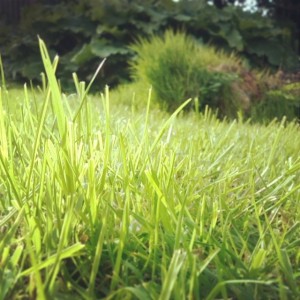
I was reflecting on the peace and quiet in my flat while I read the Letters to an Unknown Soldier project. The tension between the sorrow and horror in these letters and my own surroundings grew in me, and this came out.
Would you like to watch the birds a while with me, soldier?
I don’t know their names anymore than I know yours, but we can make our own names. We can call them after your comrades and my characters: This one, Jim; This one, Melle. I won’t ask you if your comrades live if you don’t ask if my characters are real.
We can lie in the grass and observe how the sun turns every blade golden in the evening. The wind and the birdsong will blend into a new sort of silence around us. Sometimes we will grapple for words, try to describe the healing blue of the sky, and then let our speech fall again to an easy quiet.
We can breathe—now in sync, now distinct.
We don’t have to be lovers. We don’t have to be siblings. We can just be human, together, for a little while.
Would you like to watch the birds?
(Originally posted here.)
More to come later in the week, including an account of our pilgrimage to Paddington and lists of my all-time favorite letters.


